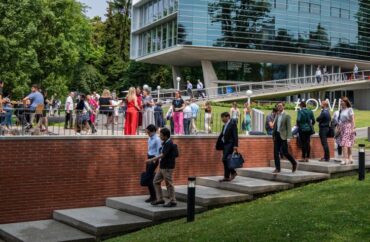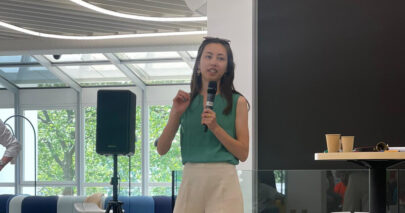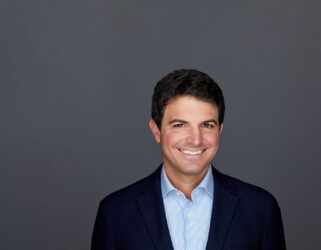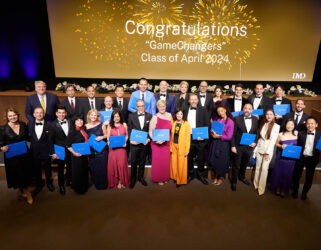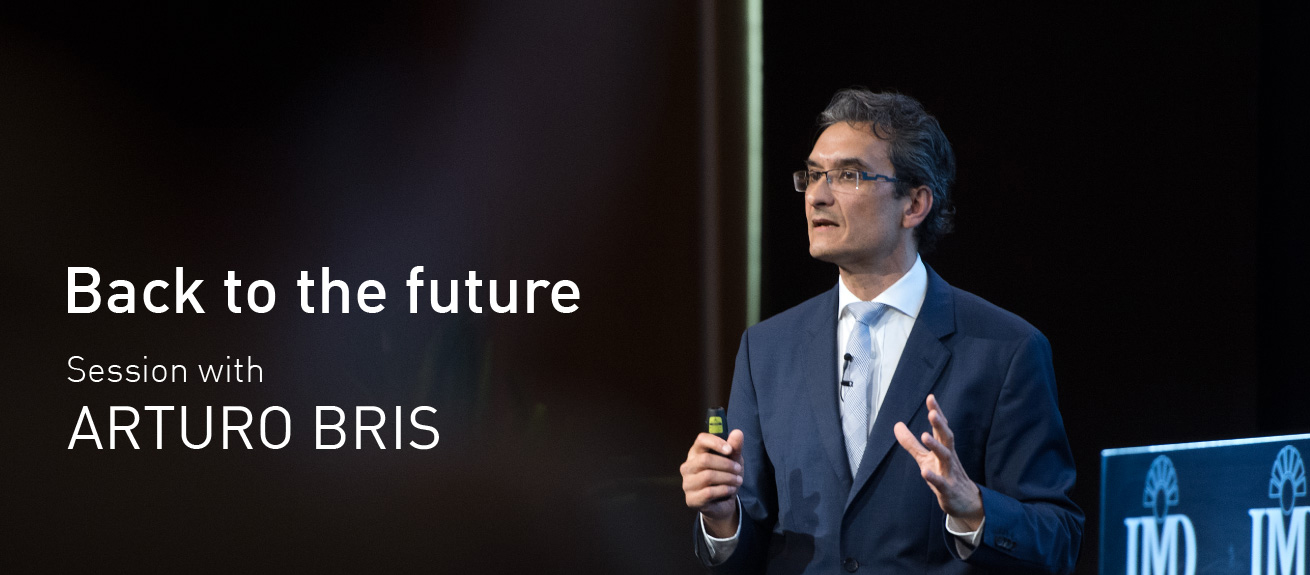
Jobs are disappearing, public finances can’t cope, retirement plans are imploding and yet Professor Arturo Bris, head of the IMD World Competitiveness Center (WCC) doesn’t lose hope. To close the 2016 Orchestrating Winning Performance (OWP) program, he explained how the redistribution of capital generated by innovation is part of the solution.
We are heading into a period of ‘fault lines’, ‘seismic shifts’ and ‘impending earthquakes’, Bris used apocalyptic terms to describe the modification of the social and financial landscape. Changes are so great that extrapolation is no longer possible. But the finance professor capitalized on this predicament by analyzing the reasons for which daring proposals, such as basic revenues, helicopter money and bitcoins should not be dismissed.
Changes and their implications for public policy
Because 60% of the jobs of the next generation do not yet exist, according to Bris, “The education we give our kids is completely the wrong one”. Furthermore, many of the jobs for which they are still being prepared will disappear before long.
Among the jobs most at risk, he predicts, are those that can be replaced by automation: engineers, accountants, bankers, translators and hotel receptionists to name only a few. “Who cares if I have had a good night’s sleep,” he challenged. Even the judicial system will be partially automated, except for the part that still needs “the discretion of a human mind”.
The professions that will flourish are not the ones on which we would have bet in the past. Bris admits that when his own son wanted to become an artist, he extrapolated, according to his own educational references and beliefs, that in 20 years his son would be miserable and insolvent.
Now, Google hires more artists than engineers. Radio broadcasters, journalists and rock stars will escape automation, and so will priests, he announced.
“We do not have the right education system, because we haven’t been prepared to adapt.” He intimated that private public partnerships may help remedy the situation in the future.
With the circulation of trade and people, borders are no longer relevant either, except for tax purposes and to protect social services from invaders. Bris suggested that a global regulatory environment would be more efficient than borders.
The promise and pitfalls of innovation
With the statement “The next generation will create as much innovation as mankind in the last 2000 years,” Bris then launched into the following analysis.
Innovation accounts for 25% of the worldwide productivity increases between 2006 and 2016. But while young businesses less than five years old generate up to 2/3 of all new jobs in the US, employment is still too low. Facebook, for example, generates very few jobs.
As long as people had jobs, capital was generated by income. Now, it’s generated by innovation, or by capital itself. We have wealthy, successful and retired entrepreneurs, we have a highly skilled and productive middle class and we have a huge, poorly educated, unemployed population, Bris described.
At the same time, mankind is experiencing a breakthrough in longevity. “By 2035, the life expectancy of a newborn will have increased by 50 years.” By extrapolation, Bris pronounced that by 2060, people could live to 180 years. And yet, global incomes are falling sharply, as much as by 40% in the last 14 years.
Social disparities are increasing, including between rich and poor countries. “The system is not sustainable,” compounded by the fact that the population of Africa is exploding (+54% of global population growth through 2050, vs 36% for Asia and 3% for North America).
Perhaps it’s time for a rethink. His stance to reduce social disparities, he hastily added, was not in the name of socialism, but of ultra-capitalism.
Creative schemes as potential solutions
Innovation, by nature, increases inequality, since it creates millionaires and shareholder wealth. The key, Bris said, is to find ways to redistribute that wealth. Since jobs are disappearing, why attempt to keep them alive. Instead, why not accept that humanity will be otherwise occupied. “Instead of jobs, we should think in terms of activities,” he said, as long as people have the means to survive.
He then explained why he was in favor of the guaranteed minimum income proposal that was recently put before the vote of the Swiss people. It was rejected, but Bris believes it will come back. “It has its merits on how we can finance a new class that is going to emerge because they won’t have any jobs.”
He also mentioned a scheme in Saudia Arabia, ‘Waqf’, by which the government cashes in on donated land, as well another proposal called ‘helicopter money’ that involves printing and distributing a large amount of money that can be spent like coupons, although he admits that nobody has any clue on how it would work.
On the other hand, bitcoins as a means of payment cannot be ignored, he warned. “The day Amazon starts accepting them, they will explode.”
“As Executives, you need to look around. If you look too late, you’re dead,” he threatened, smiling, as the 2016 OWP session came to a close.
Learn more about IMD’s Orchestrating Winning Performance program, offered November 2016 in Singapore.
